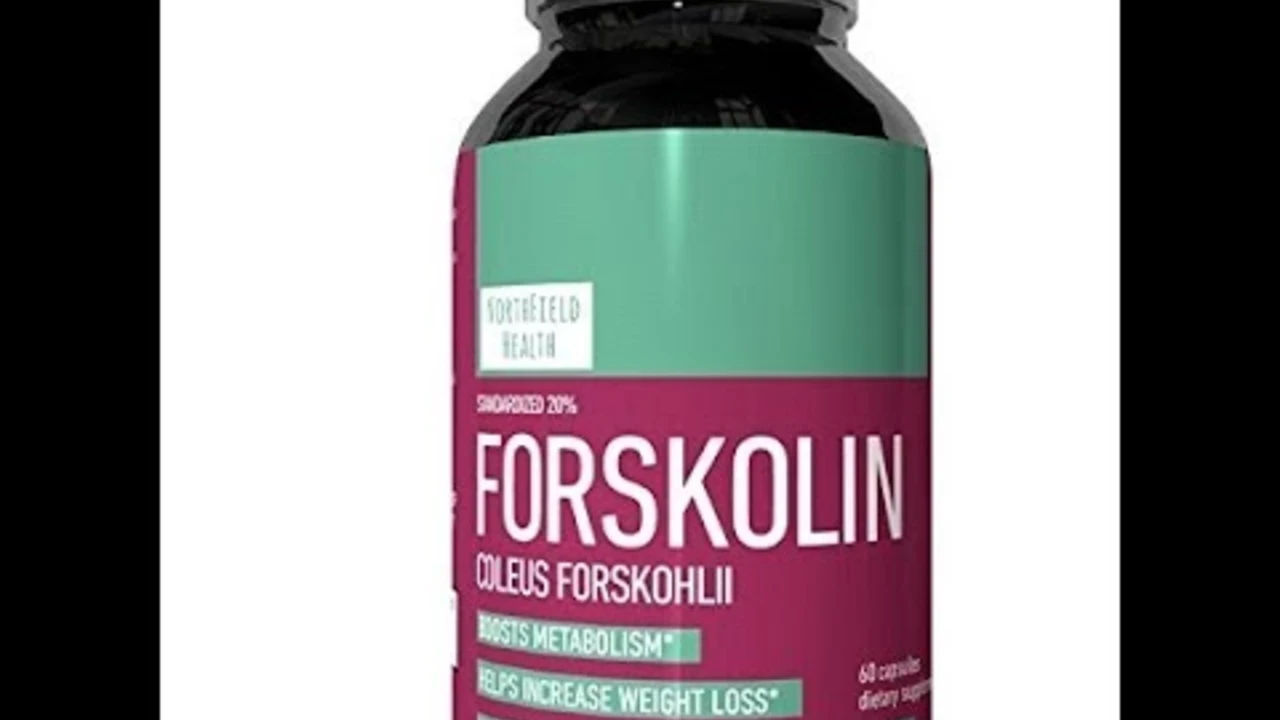If you're a health enthusiast like me, you need to hear about Coleus – a revolutionary dietary supplement that naturally boosts metabolism and burns fat. I've discovered that this powerhouse plant extract can aid weight loss and overall fitness significantly. Imagine a supplement that works in sync with your body's processes and makes your health journey smoother and easier. Do your body a favor; incorporate Coleus into your dietary regimen and watch as the benefits unfold. Now, let's dive deeper into exploring this nature's marvel.
Dietary Supplement Guide: Benefits, Safety Tips & Top Picks
People turn to dietary supplements for everything from extra energy to better sleep. The market is huge, and it’s easy to get lost in a sea of pills, powders, and gummies. This guide cuts through the noise, giving you straight‑forward advice on what works, what doesn’t, and how to stay safe while you boost your nutrition.
Why Take a Dietary Supplement?
Most of us get most nutrients from food, but life isn’t always balanced. Busy schedules, restrictive diets, or specific health goals can leave gaps. A well‑chosen supplement can fill those gaps, support immunity, improve joint health, or help you hit fitness milestones. For example, a recent post on our site highlighted European Buckthorn, a natural shrub that may aid digestion and reduce inflammation. That kind of targeted benefit is why many people add a supplement to their routine.
But not every supplement is created equal. Some are backed by solid research, while others rely on hype. The key is to match the supplement’s purpose with credible evidence and your personal needs.
How to Choose Safe & Effective Supplements
1. Read the label, really read it. Look for the active ingredient, dosage per serving, and any added fillers. If the label lists vague terms like “proprietary blend,” you’re missing crucial dosage info.
2. Look for third‑party testing. Certifications from USP, NSF, or ConsumerLab mean an independent lab has verified purity and potency. This step can weed out products that contain contaminants or don’t contain what they claim.
3. Check for interactions. Supplements can clash with prescription meds. For instance, high‑dose vitamin K can interfere with blood thinners. Always run a quick check with your doctor or pharmacist before adding something new.
4. Start low, go slow. Begin with the lowest effective dose and monitor how you feel. If you notice stomach upset, headaches, or any odd symptom, pause and reassess.
5. Consider the form that fits you. Capsules, powders, gummies, and liquids all absorb differently. Some people find gummies easier to stick with, while others prefer powders mixed into smoothies for faster absorption.
6. Research the brand’s reputation. Look for reviews, years in business, and any past safety recalls. Our own post about Ivermectol, for example, discusses safety concerns and how to spot trustworthy sources.
7. Match the supplement to a specific goal. Want better joint health? Look for glucosamine, chondroitin, or collagen peptides backed by studies. Need a mood lift? Omega‑3s, vitamin D, and B‑complex vitamins have solid evidence for supporting brain function.
8. Don’t forget lifestyle basics. Supplements work best when paired with a balanced diet, regular exercise, and good sleep. No pill can replace those fundamentals.
By following these steps, you’ll reduce the risk of wasted money or unwanted side effects and increase the chance of seeing real benefits.
Ready to try a supplement? Start with something simple, such as a high‑quality multivitamin that covers basic nutrients, or a targeted option like European Buckthorn if you’re focused on gut health. Keep a short journal of how you feel, track any changes, and adjust as needed.
Remember, the best supplement plan is one that’s personalized, evidence‑based, and safe. With the right approach, you can fill nutritional gaps, support your goals, and feel more energetic – without the guesswork.

